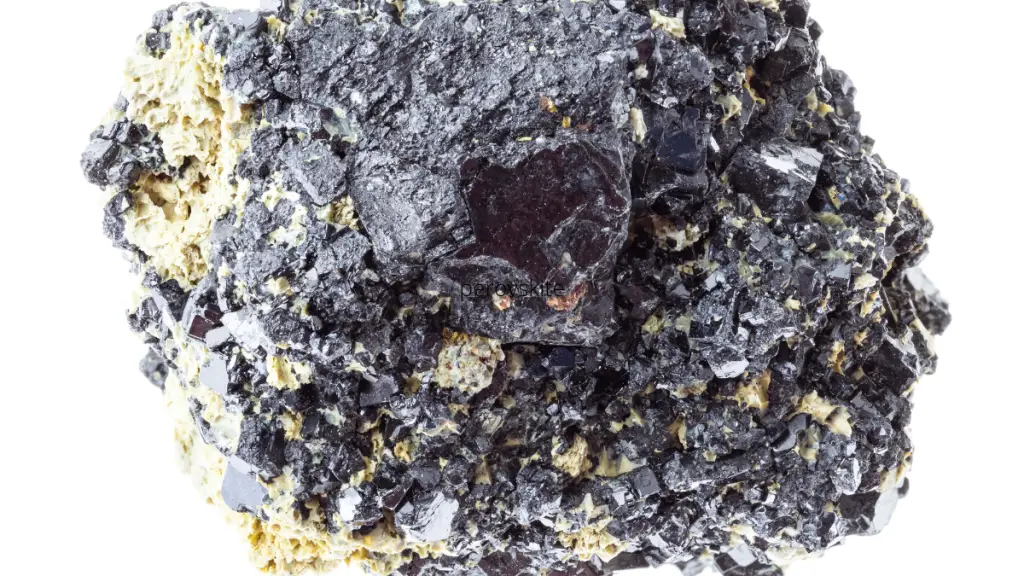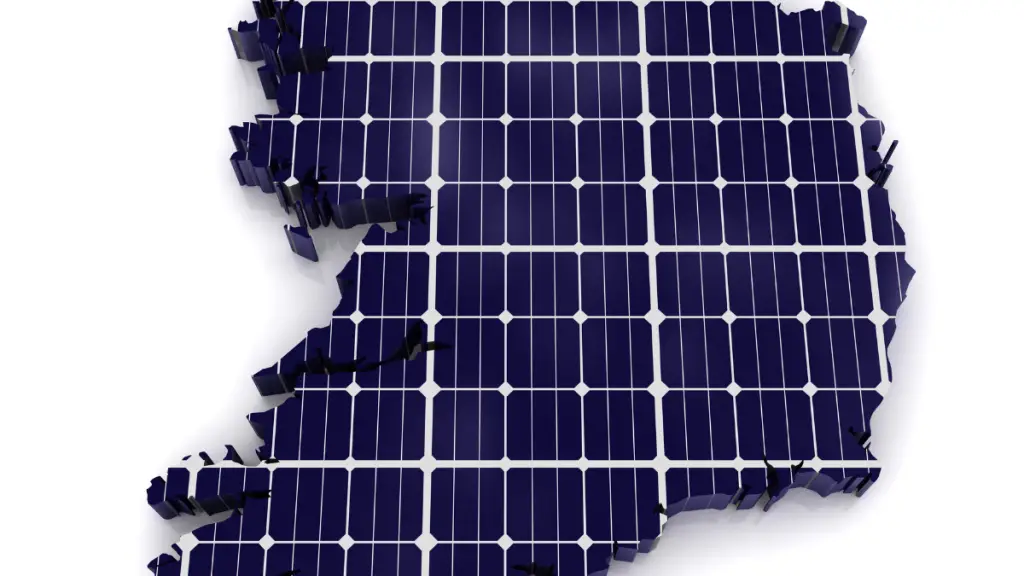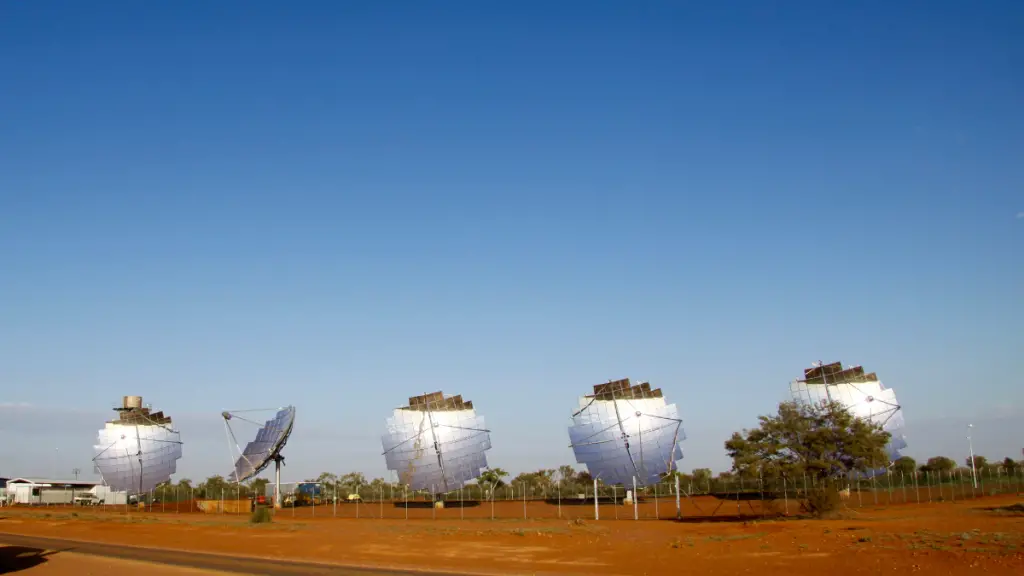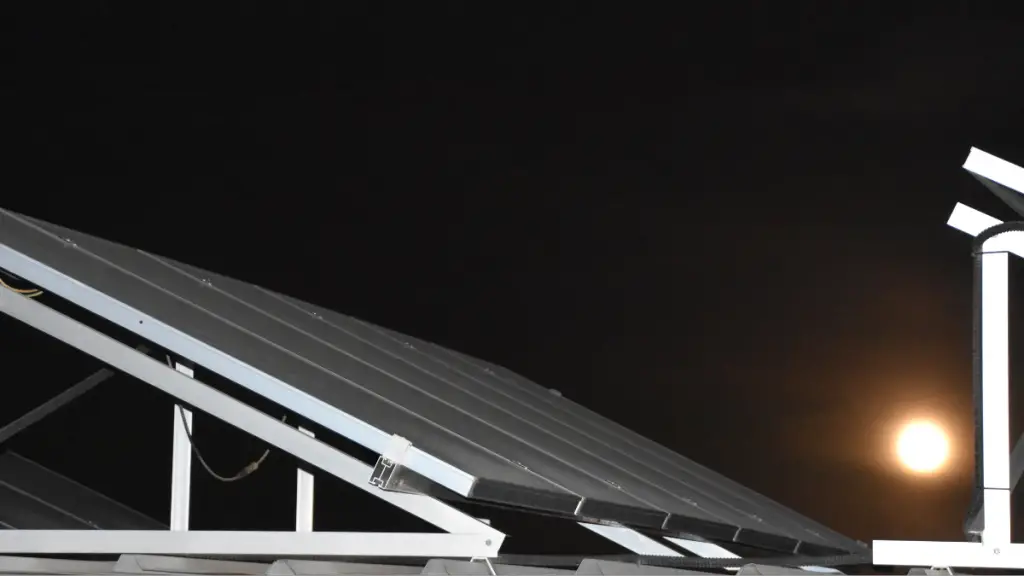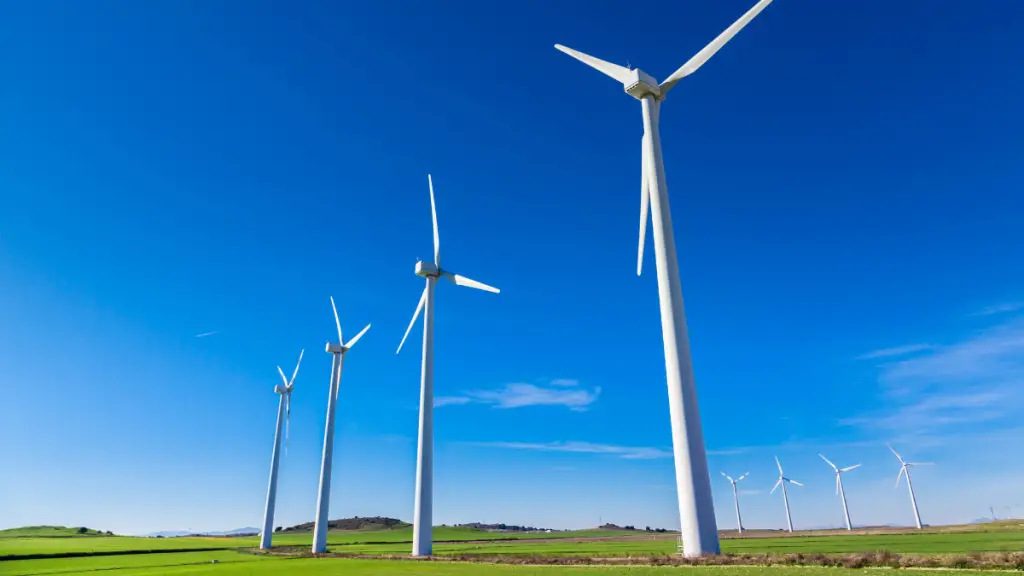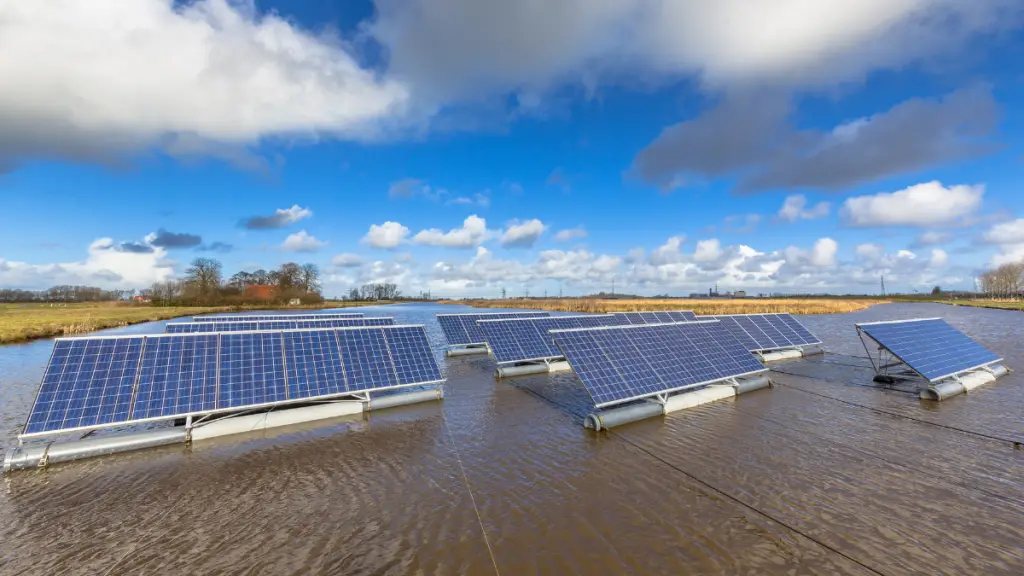Stackable Solar Panels Could Be Flexible And Bendable
Among the most promising new materials for gathering solar energy are perovskites, which have a unique crystal structure. Flexible and lightweight perovskite solar cells could outperform thin-film solar cells and stiff silicon solar panels in terms of efficiency. Researchers have already achieved efficiencies comparable to silicon solar cells and are currently striving to put their […]
Stackable Solar Panels Could Be Flexible And Bendable Read More »

